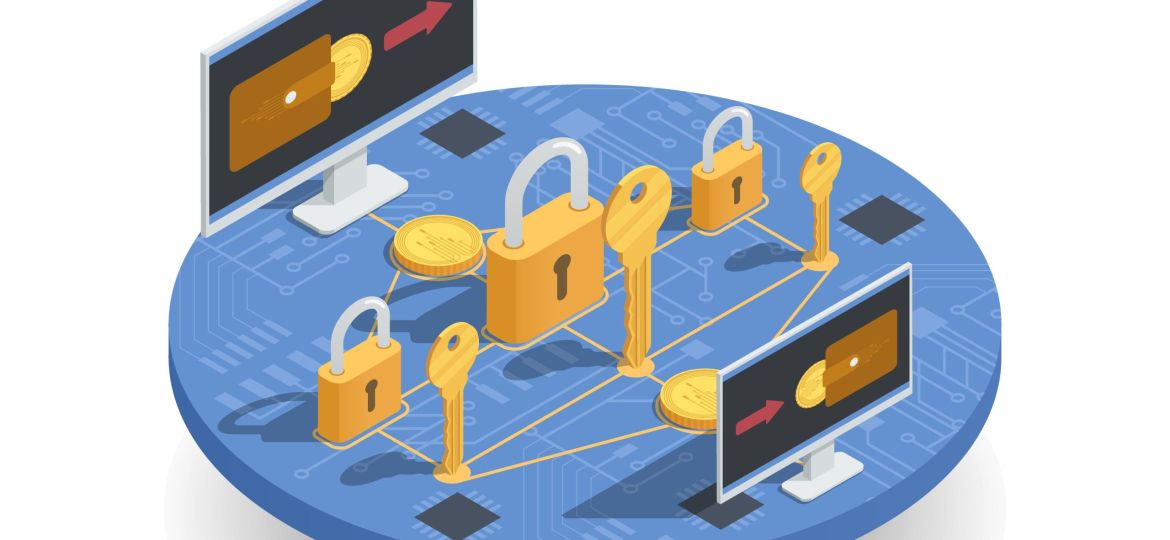
What is new about data protection officers in Europe?
In January 2024, the European Data Protection Board (EDPB) released a significant report following an extensive review of Data Protection Officers’ (DPOs) roles across the EU. This article aims to break down the report’s findings and offer straightforward advice for DPOs and businesses looking to improve their data protection efforts.
What’s the report about?
The EDPB’s investigation focused on how DPOs are designated and operate within organisations, a requirement under the General Data Protection Regulation (GDPR). The study, involving feedback from over 17,000 entities across the European Economic Area (EEA), sought to identify the challenges DPOs face and how these impact GDPR compliance.
Key findings
The report highlighted several issues:
- Lack of DPO designation: some organisations have yet to appoint a DPO despite it being a legal requirement for many.
- Insufficient resources: DPOs often lack the necessary resources or knowledge to effectively oversee data protection.
- Compromised independence: the independence of DPOs, crucial for objective advice and action, is not always upheld.
- Limited engagement: in some cases, DPOs’ recommendations are not fully considered or acted upon by their organisations.
Practical recommendations for DPOs
Here are some strategies for DPOs to enhance your data protection strategies effectively:
- Establish a clear communication channel: ensure there’s a direct line of communication to the upper management. This would help you ensure that data protection considerations are integrated into strategic decisions.
- Develop a GDPR compliance checklist: create a comprehensive checklist that covers all aspects of GDPR. Use this to regularly audit your organisation’s practices, ensuring that nothing falls through the cracks.
- Foster a relationship with your regulator: building a proactive relationship with your national data protection authority can be invaluable. They can provide guidance, updates on legislation, and support in case of data breaches.
- Create a data protection impact assessment (DPIA) template: DPIAs are essential for identifying and mitigating risks in new and existing projects. Having a template makes the process more straightforward and ensures consistency across the organisation.
- Organise regular training sessions: data protection is everyone’s responsibility. Organise regular, engaging training sessions to keep staff informed about their obligations under GDPR and the importance of protecting personal data.
Practical recommendations for businesses
Following the EDPB’s 2024 report, here’s how businesses can better support their DPOs:
- Early inclusion: involve DPOs from the start in projects dealing with personal data to utilise their expertise effectively.
- Allocate resources: ensure DPOs have access to the necessary tools, staff, and budget to carry out their duties efficiently.
- Support learning: provide opportunities for DPOs to stay current with data protection laws, technology, and best practices.
- Feedback channels: establish clear channels for employees to report data protection concerns directly to the DPO.
In conclusion
The EDPB’s 2024 report offers valuable insights into the role of DPOs within the EU’s data protection landscape. It calls for businesses to empower DPOs with the necessary resources, involve them in strategic decisions from the outset, and cultivate a robust culture of data protection awareness.
If you’re looking to enhance your organisation’s data protection practices or need guidance on GDPR compliance, book a free 20-minute consultation with us, and let’s work together to create a secure and compliant data protection framework for your business.
Image by vectorjuice on Freepik
Read other articles written by Anna Levitina



